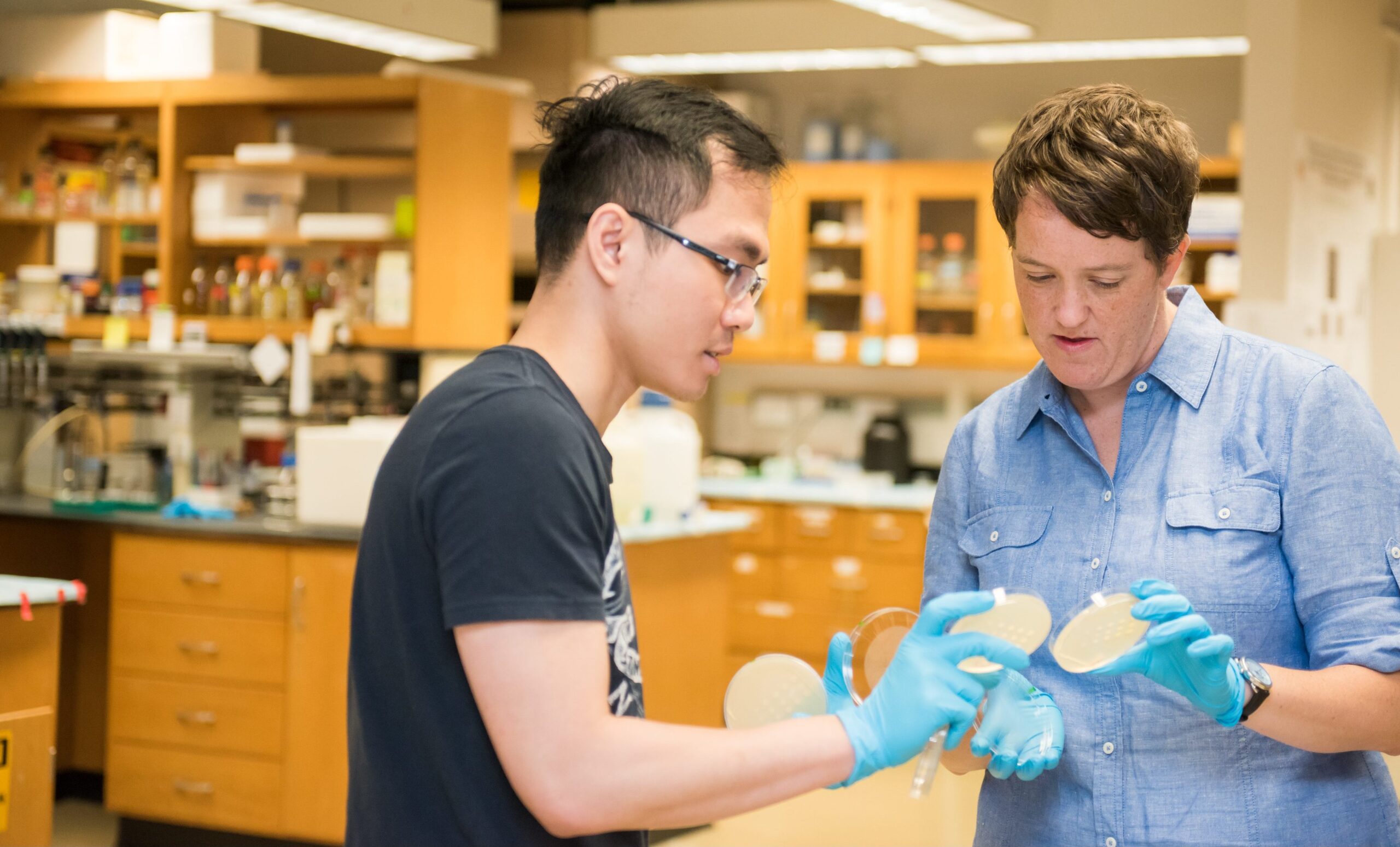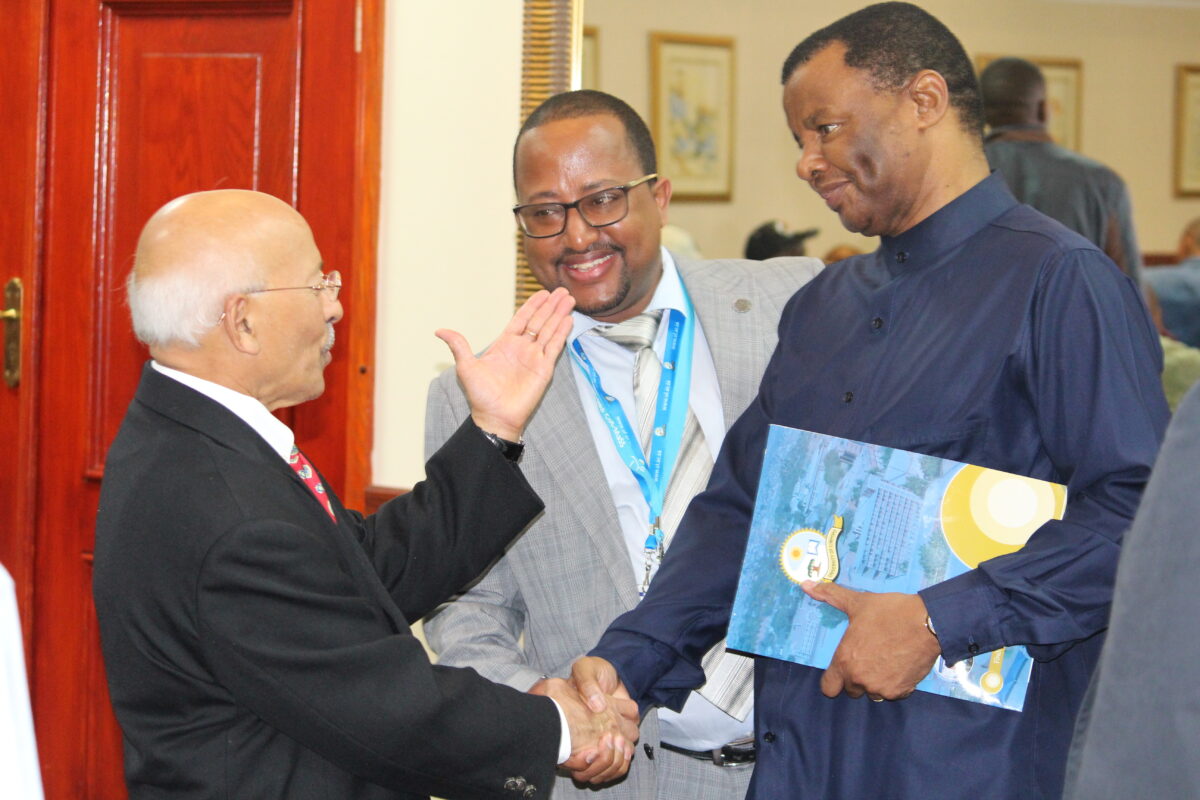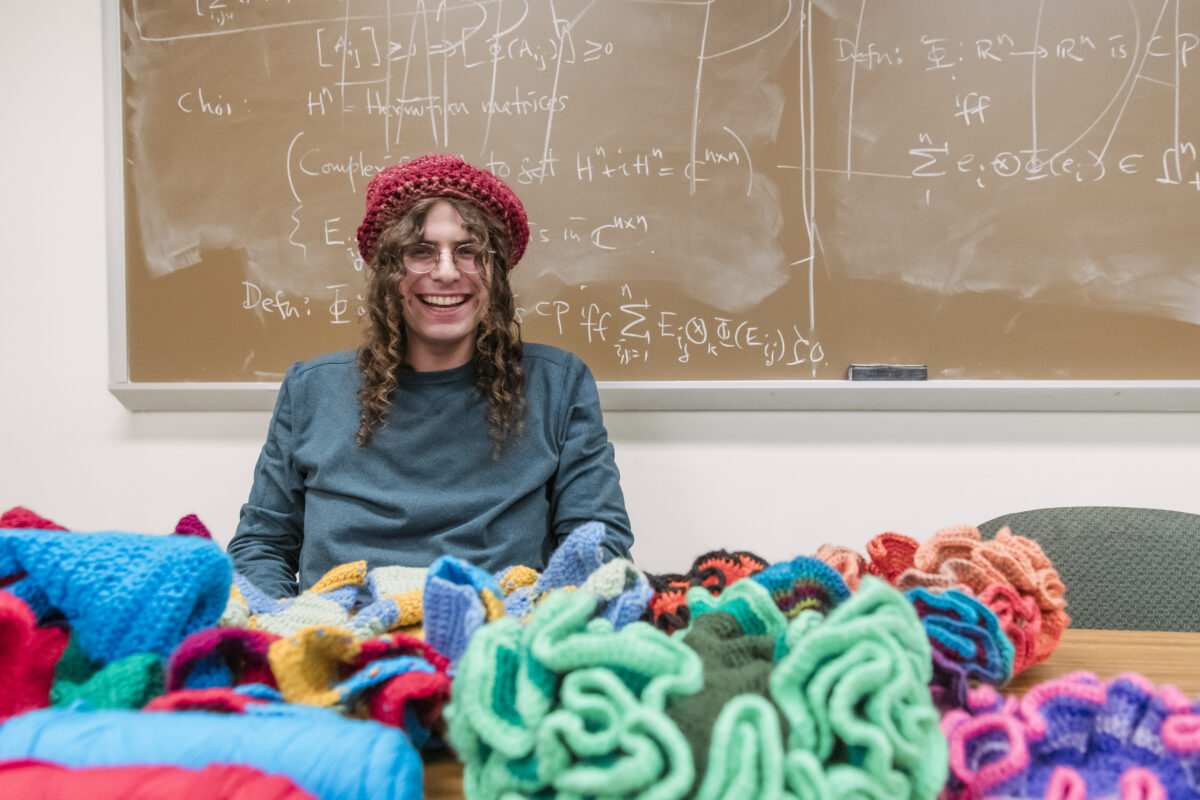A new degree program developed jointly by UMBC and Montgomery College (MC), and soon to be offered at The Universities at Shady Grove (USG), will create opportunities for students of all backgrounds to pursue high-demand careers in the life sciences. The four-year Translational Life Science Technology (TLST) program, which leads to a bachelor of science degree from UMBC, will train students in the fundamentals of biochemistry, cell biology, epidemiology, statistics, lab instrumentation, and biochemical engineering, as well as give students opportunities to develop sought-after skills such as analytical thinking, teamwork, and data evaluation. The TLST program is accepting students now, and courses will begin in fall 2018.
“As the biotechnology industry translates basic research from ‘bench to bedside,’ it needs a well-trained workforce,” says Dean Bill LaCourse, of UMBC’s College of Natural and Mathematical Sciences, within which the TLST program resides. “The TLST program is designed from the ground up to meet that need through a flexible and interdisciplinary approach with intensive industry-inspired laboratory skills training.”
Students begin coursework for the TLST program at Montgomery College, taking classes at the new, state-of-the-art Bioscience Education Center on its Germantown, MD campus for the first two years. Successful completion of that curriculum results in an A.A.S. in biotechnology or other associate’s tracks from Montgomery College.
The Biomedical Sciences and Engineering Education Building at The Universities at Shady Grove in Rockville, MD is scheduled for completion in 2019, and will then host the third and fourth year courses of the TLST program. Both the USG and MC facilities are in the heart of Maryland’s technology corridor and offer well-equipped classrooms and labs where students can master techniques commonly called upon in the biotech industry, such as polymerase chain reaction, gel electrophoresis, gene cloning, mass spectroscopy and chromatography.
The need for workers with these skills is especially great in Maryland, which is one of the top-ranked regions in the nation for its concentration of technology-related jobs. Of the more than 2,300 biotech companies in the state, more than 75 percent are found in Montgomery County, the location of both MC and USG.
“The Universities at Shady Grove is pleased to bring UMBC’s Translational Life Science Technology degree program to Montgomery County,” says Stewart Edelstein, executive director of The Universities at Shady Grove, a regional higher education center in Rockville, MD that hosts courses offered by nine Maryland institutions. “This degree program is the first of its kind in Maryland and is specifically designed to provide the skilled talent needed to support the region’s growing bioscience and biotechnology industry.”
UMBC’s collaboration with Montgomery College adds to the university’s growing list of active partnerships with Maryland community colleges that support the success of Maryland students. “The collaboration between two great institutions, Montgomery College and UMBC, provides a national model for developing a pathway to a bachelor of science degree,” explains Sanjay Rai, senior vice president for academic affairs at Montgomery College. MC has offered A.A.S. degrees in biotechnology and biomanufacturing for more than 20 years, and the new, joint program with UMBC will expand opportunities for students in Montgomery County interested in the field.
“Students will graduate with a combination of ‘know-what’ and ‘know-how’ for in-demand careers,” from developing therapies for disease and next-generation materials, to inventing and refining wearable sensors and cutting-edge forensics techniques, says LaCourse, “supporting the economic growth of Maryland and offering students a novel STEM career path to a bright future.”
More information is available at the Translational Life Science Technology website. The TLST program was featured on I-270 News and the Maryland Department of Commerce blog, MDBizNews.
Image: Erin Green, assistant professor of biological sciences at UMBC, and Khoa Tran, a Ph.D. student in her lab, examine experimental plates. Photo by Marlayna Demond ’11 for UMBC.
Tags: Biology, ChemBiochem, CNMS, ShadyGrove




